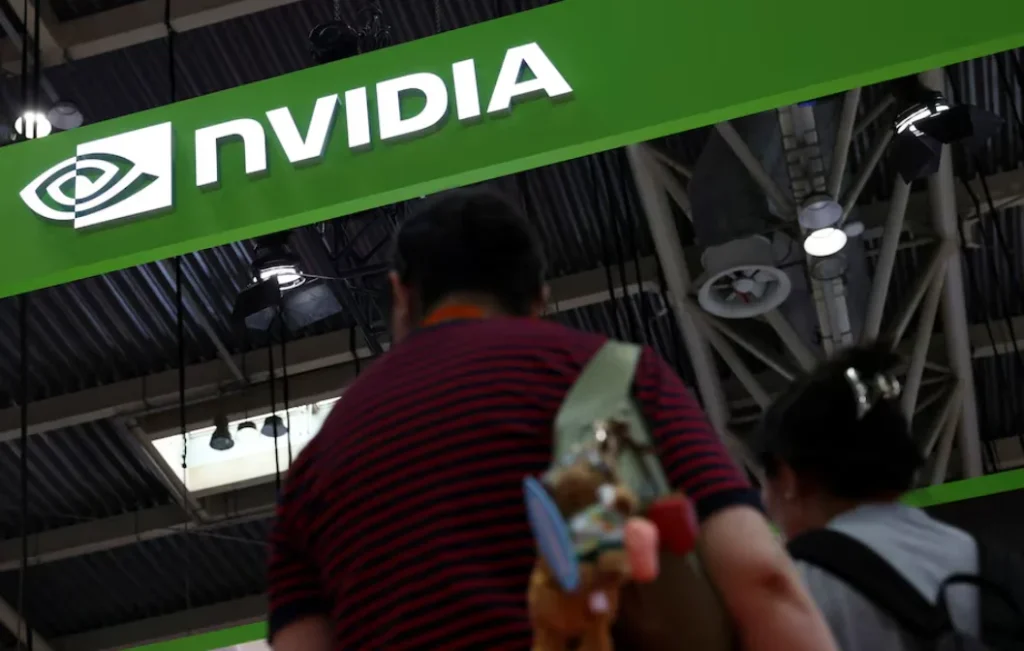China’s Booming Underground Market for Nvidia AI Chip Repairs Amid U.S. Export Ban
Despite strict U.S. export restrictions, demand is skyrocketing in China for the repair of Nvidia’s advanced AI chips, particularly the H100 and A100 GPUs. These high-performance processors, banned by the U.S. for export to China since September 2022, are now the backbone of a fast-growing underground repair industry in tech hubs like Shenzhen.
According to two boutique repair firms based in Shenzhen, demand has surged for servicing high-end graphics processing units (GPUs) that have somehow entered China despite the restrictions.
Surge in Repairs for Nvidia H100 and A100 AI Chips
While officially banned from the Chinese market, Nvidia’s H100 GPU, a flagship AI chip designed for data centres, has become a hot commodity. The A100, its predecessor, is also widely sought after.
A co-owner of a long-time GPU repair firm noted:
“There is really significant repair demand.”
This repair demand has grown so rapidly that the owners created a separate business division dedicated solely to AI chip repairs, handling up to 500 Nvidia GPUs per month.
Their facilities even include a data centre simulation room capable of accommodating 256 servers, enabling full chip testing and validation under real-world conditions.
Evidence of Widespread Nvidia GPU Smuggling into China
The rise of this repair market adds to growing concerns over large-scale smuggling of restricted U.S. semiconductors into China. Despite the U.S. Department of Commerce banning sales of H100 and A100 chips to Chinese buyers, reports show that the Chinese government and military tenders have acquired these GPUs through unofficial channels.
Lawmakers in the U.S., including both Republicans and Democrats, have responded by proposing new legislation requiring post-sale chip tracking to verify their final destination.
The Trump administration has also backed stricter monitoring of AI chip sales and deployments, citing national security concerns and fears of China’s technological advancement in sectors such as defence and autonomous systems.
Nvidia’s Response: Only Authorized Support Allowed
In a statement, an Nvidia spokesperson warned:
“Only Nvidia and authorized partners are able to provide the service and support that customers need. Using restricted products without approved hardware, software, and technical support is a nonstarter, both technically and economically.”
Unlike other global markets, Nvidia cannot legally provide warranty services, repairs, or replacements for restricted chips inside China. In other countries, defective chips under Nvidia’s standard three-year warranty are typically replaced by the company or its partners.
Why Demand for Nvidia GPUs Remains High in China
Despite Chinese firms like Huawei launching their own AI chips, Nvidia’s H100 and A100 remain unmatched in raw performance and compatibility with popular AI frameworks. These GPUs are critical to training and deploying large language models (LLMs) and powering generative AI platforms, including those that support computer vision, natural language processing, and predictive analytics.
China’s reliance on these chips for both commercial and government applications ensures that demand remains high, even if supply is constrained by international policy.



